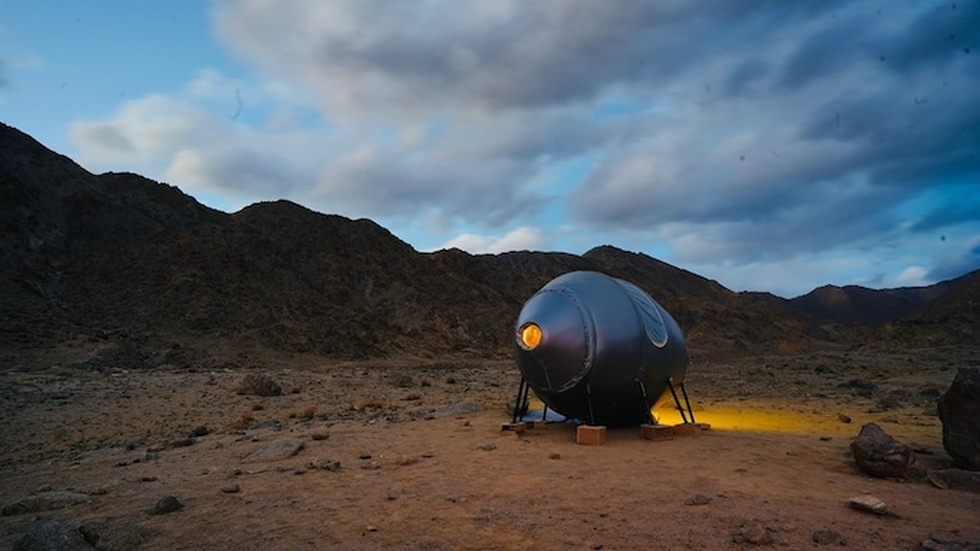About Analogue Space Mission:
- The Analogue space missions are simulated missions conducted on Earth that mimic the conditions and challenges of actual space exploration.
- These missions are crucial for testing technologies, studying human behaviour, and preparing for future long-duration space flights.
- Aim: It aims to replicate the living conditions astronauts would face on missions to destinations like the Moon, Mars, or asteroids.
- Objective: To replicate conditions of living in an interplanetary habitat, tackling the potential obstacles that astronauts may face on future deep-space missions.
- They provide a controlled environment to study the physical and psychological effects of isolation and confinement, which are critical for understanding how humans will cope with extended space travel.
- It will attempt to simulate life in an interplanetary habitat to tackle the challenges of a base station beyond Earth.
- India’s mission is a joint effort which involves the Human Spaceflight Centre of ISRO, AAKA Space Studio, the University of Ladakh, and IIT Bombay and is backed by the Ladakh Autonomous Hill Development Council.
- Throughout the mission, participants will conduct activities to simulate life on another planet, such as habitat design testing, resource management research, and psychological studies on isolation's impact on crew members.
- Significance
- It serves as a platform for testing new technologies and operational concepts. They help in evaluating systems related to habitat design, life support, in-situ resource utilisation (ISRU), and crew health monitoring.
- It aligns with India’s larger goal of advancing its human spaceflight and interplanetary exploration capabilities, including the Gaganyaan project, which seeks to send Indian astronauts into space.
- Examples of Analogue Missions
- NASA's NEEMO: Conducted underwater to simulate microgravity conditions, allowing crews to perform tasks similar to those expected in space.
- SIRIUS Program (UAE): It focuses on understanding the psychological impacts of isolation during long-duration missions. It includes international collaborations to conduct various scientific experiments.
- Arctic Mars analogue Svalbard Expedition (AMASE): Uses the Svalbard archipelago's extreme environments to test equipment and procedures relevant to Mars exploration.
